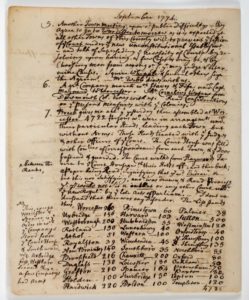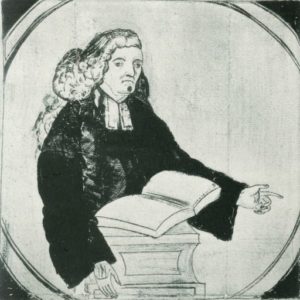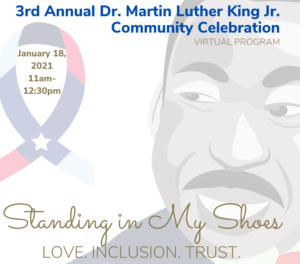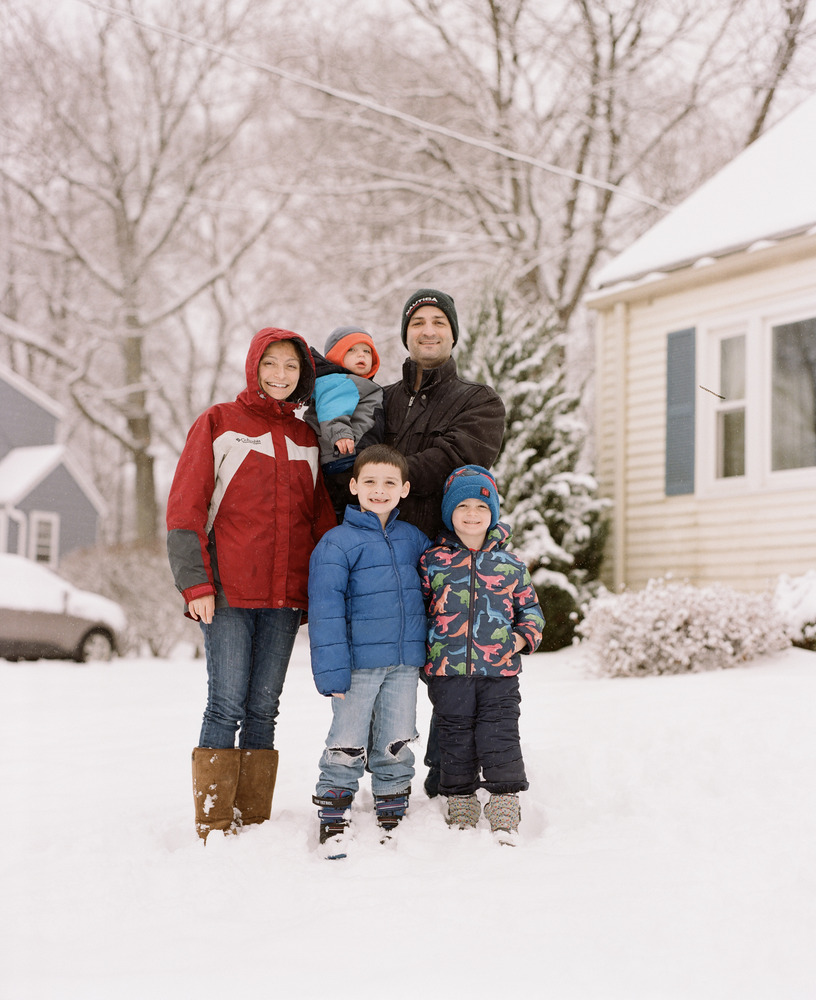
Hygge
The fifth-grade curriculum in Illinois where I went to school in the ‘70’s included a study of world cultures. Throughout the year we focused on various areas of the world and then studied the countries and the people who inhabited them. At the time I loved learning, imagining, and playacting what life would be like if I lived in different parts of the world.
Maybe it was my enjoyment of reading the fairy tales of Hans Christian Anderson or the wooden toy soldiers that a relative brought back for me from her travels, but when we were asked to pick a European country to present to the class, I jumped at the chance to research Denmark. I remember dressing up for my presentation as a Danish farmer, which included a pair of clogs my teacher brought in for me to wear so as to make my outfit more authentic. The curriculum taught me that there are many ways to live out what it means to be human, and since that time I have always embraced experiencing new cultural practices, trying different foods, learning new philosophies, and perhaps adopting some of these as my own if they improved my life.
This year, facing a winter that promised to be even harsher and more isolating than in years past due to the pandemic, I decided that I needed to change my approach. The loss of daylight in recent winters had started to cast a pall over my days as I anxiously waited for longer periods of sun to take hold. And even though I have always enjoyed winter, the prospect of shoveling out the driveway after a heavy snowstorm was beginning to lose its appeal as I aged.
Maybe it was time, I thought, to turn once again to Denmark. Scandinavians regularly land at the top of happiest-people-on-earth lists, yet they live in an area of the world that receives less sunlight and longer winters than most places. How do they do that? And can I adjust my life so that I can tap into some of the happiness that they seem to be getting during winter? That’s how, in attempting to answer these questions, I discovered hygge (pronounced HOO-GA).
Hygge is a set of cultural practices that create feelings of comfort, coziness, togetherness, and well-being, and these practices tend to focus on light, food and drink, clothing, social interaction, and interior decorating. As I researched hygge, the practice that spoke directly to my situation is the idea that there is no bad weather, only bad clothing. Even though the weather gets cold and dark during winter, the Scandinavians continue to enjoy outdoor activities because they dress appropriately to the conditions. So I made sure going into winter that I had all the warm clothing I needed—including Norwegian sweaters!—so that I could enjoy the outdoors no matter the conditions.
Equipped with my comfy coats and sweaters, I also vowed that no matter the weather I would take a walk every morning, by myself (no dogs!). My morning walks allow me to enjoy the rhythms of the weather, the rising of the sun, the cold air, and the animal life beginning to stir. I now start the day connected to my surroundings and feel ready to take on whatever the day holds.
The success of my walk emboldened me to bring hygge to my family. Before my two daughters recently left home to return to their adult lives, we met out on our back deck for 15-20 minutes just before dinner, again, no matter the weather. Standing outside in our winter coats, we watched Mars every night as it moved across the sky; we noticed how fast the cold air chills the drinks in our glasses; and the intimate space created by standing together in the chilly darkness freed us to talk about our thoughts, our developing philosophies, and quirky events that recently happened to us. We had conversations that did not seem to happen at any other time throughout the day, including at the dinner table.
What makes hygge effective? I think it has to do with maintaining control in a comforting way despite facing adverse conditions. My daily walk in the morning puts me face-to-face with the harsh winter weather, but because I am properly dressed, I come to realize that I can surmount the challenge, and in fact that challenge can be invigorating and empowering. What a way to start the day! And the act of putting on our coats with no other reason than to stand around in the cold, crisp air on the back deck creates a comfy space for camaraderie as we mark the end of the day together. Then, as we reenter our house, we appreciate its warmth even more as we settle down to dinner, perhaps lit by candles.
The mild winter we are experiencing may be helping me get through this winter more than I think, but practicing hygge has helped me to escape for at least short periods of time the doldrums of the pandemic, our country’s politics, and the winter. Now, I actually look forward to some harsher weather, so that I can put on my Norwegian sweater, my parka, and my winter boots and head outside equipped for the cold.
–Anthony Vaver, Local History Librarian
Suggested Resources
- The Little Book of Hygge: Danish Secrets to Happy Living by Meik Wiking.
- The Little Book of Lykke: Secrets of the World’s Happiest People by Meik Wiking.
- There’s No Such Thing as Bad Weather: A Scandinavian Mom’s Secrets for Raising Healthy, Resilient, and Confident Kids (From Friluftsliv to Hygge) by Linda Ackeson McGurk.
- How to Hygge: The Nordic Secrets to a Happy Life (e-book) by Signe Johansen.
- Happiness Research Institute (website)
* * *
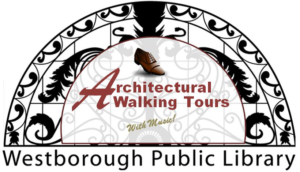 Looking for an excuse to put on your winter coat and connect with your surroundings? Then why not go on a self-guided architecture tour of Westborough?
Looking for an excuse to put on your winter coat and connect with your surroundings? Then why not go on a self-guided architecture tour of Westborough?
The Architectural Walking Tours page on the Westborough Center website has a formal, self-directed tour of the downtown and PDF versions of the information packets created by R. Chris Noonan and Luanne Crosby for their popular architecture tours.
Hygge is also about companionship with a few, select friends or family members, so gather a small group together, bundle up, and explore why Westborough looks the way it does together (remember, of course, to remain socially distant from non-household members). Bonus points if you take a tour while it is snowing!
* * *
Coziness is central to hygge, so pour yourself a cup of hot chocolate, put on some fuzzy socks, light a few candles, crawl under a throw, and then sit back and learn about Westborough maps on Monday, January 25, when the Westborough Historical Society and the Civic Club present “Charting Westborough’s History.” The program will take place on Zoom and is free and open to the public.
Here are the details:
Monday, January 25
7:00 – 7:30 p.m. – 2021 Westborough Historical Society Annual Meeting
7:30 – 9:00 p.m. – “Charting Westborough’s History”
Maps record the geographical information of a community, yet some maps tell stories. Maps are created by individuals who decide the subject of a map at a certain point in time from their point of view. Join the Westborough Historical Society as they reprise one of their 300th anniversary presentations, “Mapping Westborough – a timeline of Westborough maps from 1630 to 2012.” Leslie M. Leslie, curator, Westborough Historical Society, will present her many years of research on how Westborough’s development has been charted through maps. Co-sponsored by the Westborough Civic Club.
Zoom Link:
Time: Jan 25, 2021, 7:00 PM Annual Meeting; 7:30 PM Map Program
Join Zoom Meeting
https://us02web.zoom.us/j/88644640593?pwd=eG8wR1RyNlpsOUtkMzZJa0VJOHREUT09
Meeting ID: 886 4464 0593
Passcode: 219849
Phone for audio only:
+1 346 248 7799
Meeting ID: 886 4464 0593
Passcode: 219849
* * *
On a final note, I just have to add that if you missed the “Celebrating America” concert on the evening of the Presidential Inauguration on Wednesday, January 20, I highly encourage you to watch it. Here is the recording from PBS: https://www.youtube.com/watch?v=DJFNOvXaToI.
The concert included performers from diverse genres, and all of them were excellent. After the awful desecration of our nation’s capital building and the resulting build-up of security around the National Mall, the concert served to reclaim that space, at least emotionally, for all of the American people, and it demonstrates the power that the arts have for healing and giving us direction when we seem to be adrift.
If nothing else, be sure to catch the awesome fireworks display at the end. I’ve never seen one so spectacular!
* * *
Did you enjoy reading this Westborough Local History Pastimes newsletter? Then subscribe by e-mail and have the newsletter and other notices from the Westborough Center for History and Culture at the Westborough Public Library delivered directly to your e-mail inbox: https://www.westboroughcenter.org/subscribe-to-updates/.
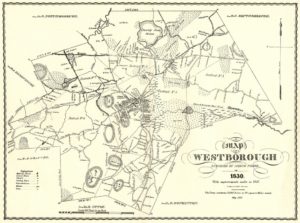
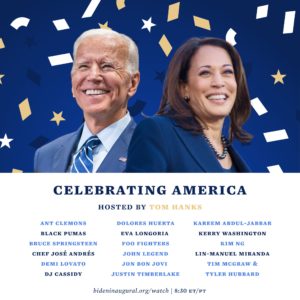
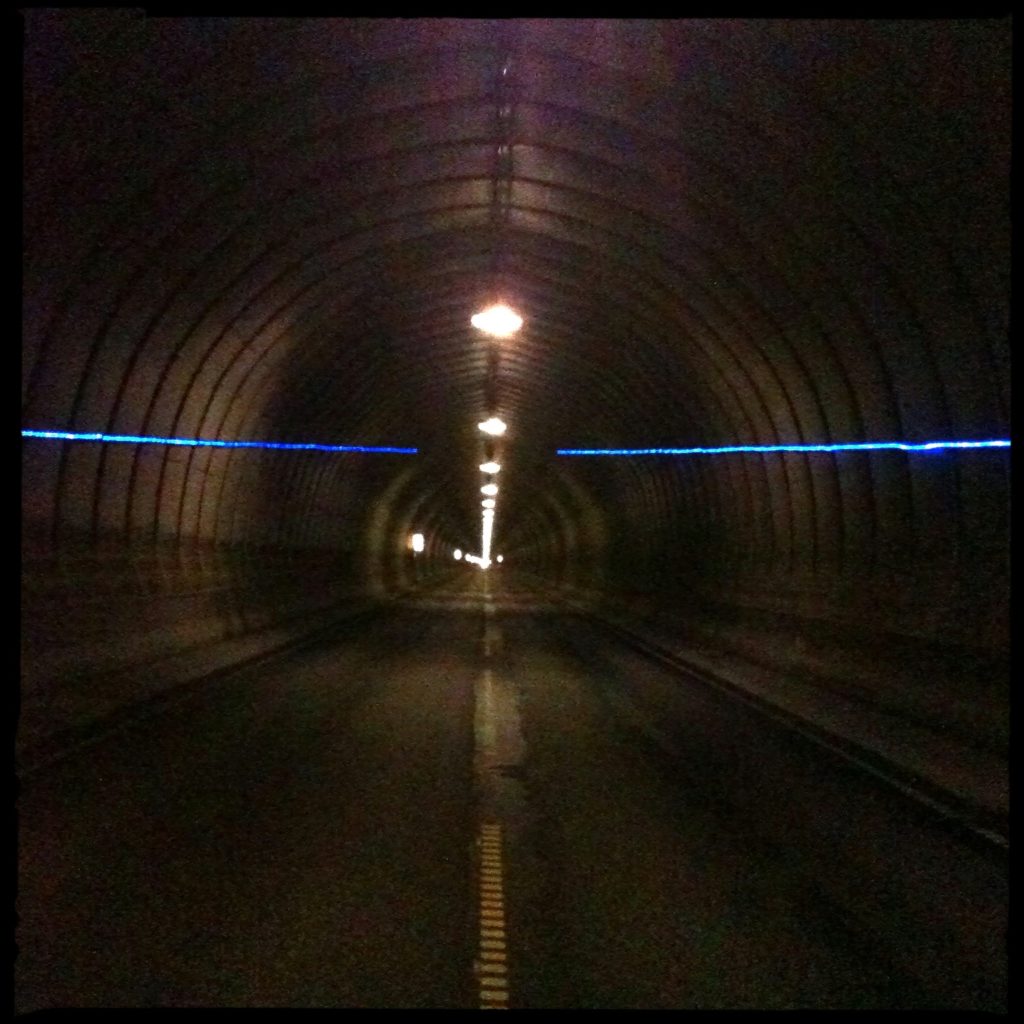 Renewal
Renewal